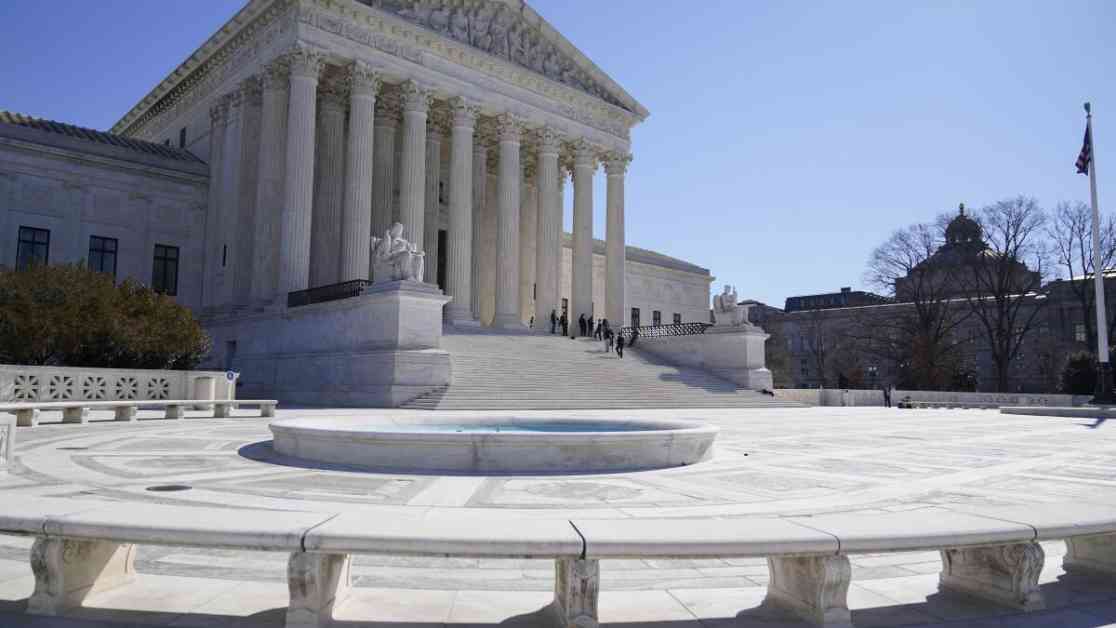California Air Pollution Case: Supreme Court Dismisses Constitutional Claim
WASHINGTON – The Supreme Court made a significant decision on Monday, dismissing a red-state constitutional challenge to California’s special authority to combat air pollution. Despite a dissent from Justice Clarence Thomas, the court rejected an appeal from Ohio and 16 other conservative states, who argued that “the Golden State is not a golden child.” This development marks a crucial turning point in the ongoing legal battle over environmental regulations.
Legal Battle Over Air Pollution
The Supreme Court’s brief order effectively closes the door on a constitutional challenge to California’s anti-pollution standards, but a different legal battle looms on the horizon. The oil and gas industry is currently suing over the state’s “zero emissions” goals for new vehicles, contending that California’s regulatory authority does not extend to greenhouse gases and global warming. The D.C. Circuit Court in Washington previously dismissed this suit in April, citing lack of standing from the oil producers, who feared decreased fuel sales in the future.
Implications for California
Despite these legal challenges, California’s authority to regulate vehicle emissions remains intact. Ann Carlson, a leading expert on climate change at UCLA, emphasized California’s long-standing role in setting environmental standards, particularly in response to the pervasive smog issue in Los Angeles. The Supreme Court’s decision not to rule on the substance of California’s emissions standards is a significant win for the state’s environmental advocates.
Political Landscape and Future Outlook
Looking ahead, the involvement of the incoming Trump administration in the legal proceedings could shift the balance of power. With the Environmental Protection Agency’s role in granting waivers for state emission standards, California faces potential opposition from the new administration. The state’s Attorney General, Rob Bonta, and U.S. Solicitor General, Elizabeth Prelogar, have urged the court to reject the appeals, arguing that California’s strict standards are vital for combating pollution and climate change.
In the face of these challenges, environmental organizations like the Environmental Defense Fund have praised California’s efforts to reduce pollution and promote clean technologies. The ongoing legal battles highlight the complex interplay between state and federal regulations, with far-reaching implications for environmental policy in the United States.
Overall, the Supreme Court’s decision underscores the critical role of states in addressing environmental challenges and sets the stage for further legal battles over air pollution regulations. As California continues to lead the way in environmental protection, the outcome of these legal disputes will shape the future of environmental policy nationwide.



























